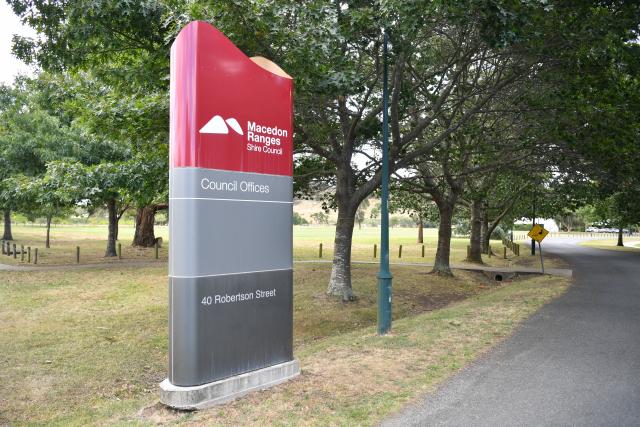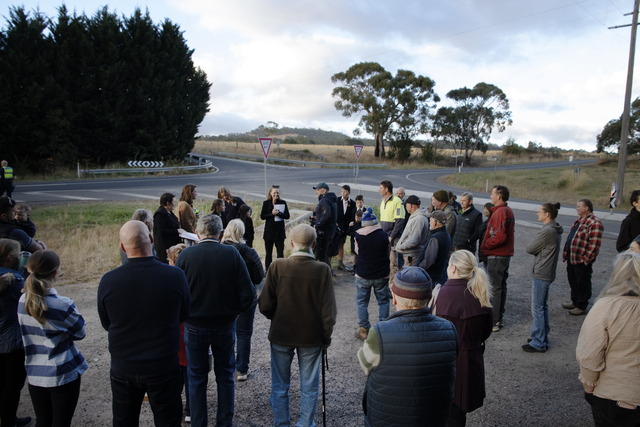Unresolved planning issues will spill over to October elections after Macedon Ranges council ignored the advice of an independent panel about its plans to rezone farmland for hobby farms.
Council’s plan to allow smaller lots and more houses on rich agricultural land near Kyneton and Romsey was rejected by the panel appointed by the planning minister to assess it.
The independent panel found rezoning farmland at Kyneton south to rural living was “premature”, and could exacerbate existing flooding issues.
Proposed zoning changes north of Romsey were also criticised for targeting high-quality farmland and environmentally important landscapes.
But council dismissed the panel’s advice at its July meeting, despite the vocal opposition of residents.
Councillors then determined, in an 8-1 vote opposed by Cr Jennifer Anderson, to split their strategic plan, known as amendment C110, to allow subdivisions to go ahead in areas other than Kyneton south and Romsey north.
It will now seek approval from the minister to increase rural living lots at Gisborne, New Gisborne, Gisborne South and Riddells Creek.
Further work will be undertaken on the Kyneton and Romsey areas before the council considers these as a ‘part two’ of its strategy.
A state planning department spokesman said the department will now need to make “a full and thorough analysis” of the council’s deviation from the panel’s advice.
The delays will mean any decision on the rezoning will now be made by the council elected in October.
Kyneton south landowner David McKelvie has long opposed the plans to rezone farmland in the area.
He said flooding of his property last week only supported the independent panel’s concerns.
“A significant section of this land is a basin, and it is thoroughly saturated and waterlogged throughout.
“The black pug clay in the basin is highly unstable, deeming it not suitable for shed and dwellings … [it’s] not capable of absorbing effluent, meaning that the effluent will end up in Lake Eppalock, along with whatever else is being discharged from the now over-capacity Kyneton sewerage ponds.
“This is agricultural land, where stock can graze the basin in the summer, reducing the fire risk, and seek dry ground … during the winter.”
Mr McKelvie questioned whether council officers should handle planning decisions of such significance.
“Who is working with the landowners to take this proposal forward?” Mr McKelvie said.
“The concept of developing 100 residential blocks out here is an absolute misguided nonsense, and does not in any way align with the original council objective.
“I agree there is potential for some housing settled on the foothills, but the basin is not feasible.”
















